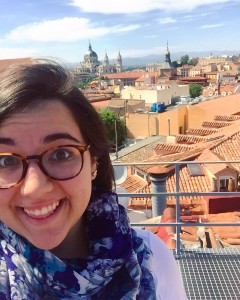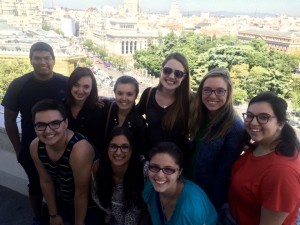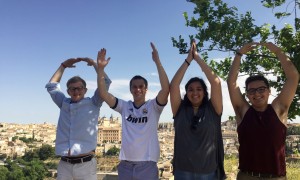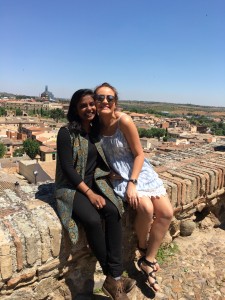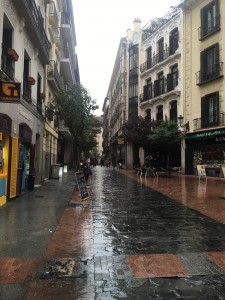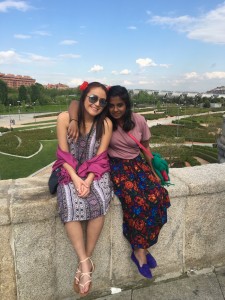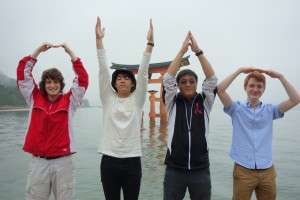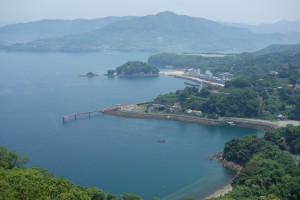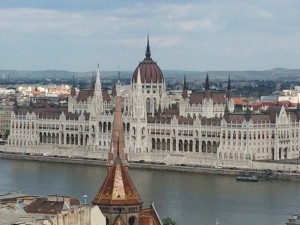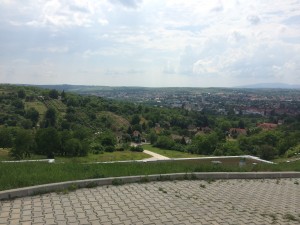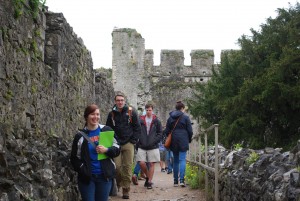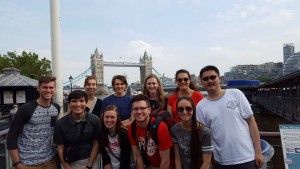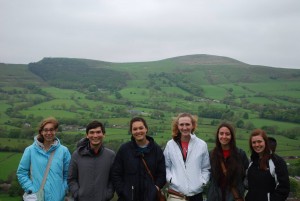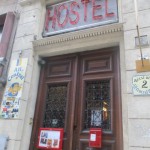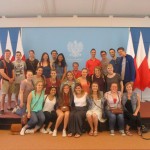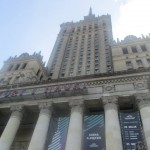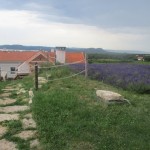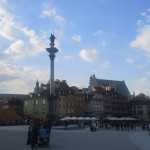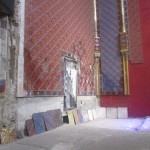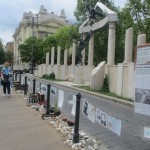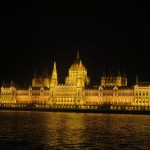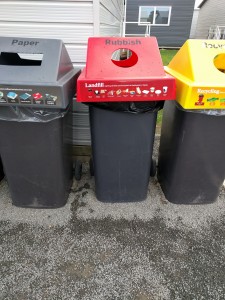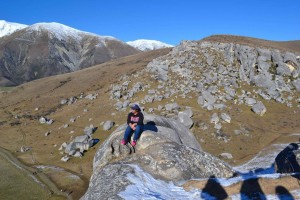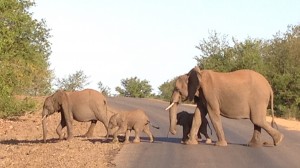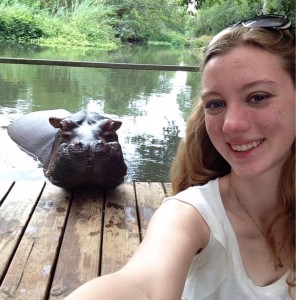Gianna Rotondo
ISA Summer Spanish Language, Hispanic Studies, and Electives- Madrid, Spain
For my STEP signature project, I traveled to Madrid, Spain, where I studied abroad for the month of June. I stayed with a host family in the heart of Madrid and took classes at Universidad Antonio de Nebrija. I also explored Madrid and learned more about the culture and history of Spain through excursions and activities such as visiting museums and palaces.
This experience abroad had a significant and somewhat unexpected impact on my understanding of myself. I knew that I would learn and grow from studying abroad, but I did not expect the level of self-discovery that I encountered, nor did I expect to walk away feeling like a part of who I am is fundamentally different. Before going to Madrid, I had a lot of social anxiety and struggled when it came to meeting new people or being in a large-group setting. I would shy away from events or encounters that would require me to interact with unfamiliar faces. Additionally, I sometimes struggled with making conversation with people who I did not know very well. However, in Madrid I did not know anybody going into my abroad experience so every encounter I had initially was one that involved meeting somebody new. Throughout my time abroad, I became more at ease in these social situations that would typically be anxiety provoking to me. I made close friends in my classes and found it easier to be an active participant in our excursions or informal social activities. I also became more comfortable making conversation with individuals I did not know. I did not notice this change taking place while I was abroad, but once I returned to the States, I slowly started to recognize how much different this part of me had become.
I can think of a couple of experiences abroad in particular that contributed to this personal shift for me. First, when I got off the plane, I met a group of about ten other students in the abroad program and we got on a bus to meet our host families. This was the first time I had to throw myself into a mix of other people and make conversation. While at first I was anxious about meeting an entire new group of people all at once, we quickly found common ground and I was able to really get to know some of the individuals with whom I would be spending the next month.
Another situation that comes to mind is the first day of classes in Madrid. Although I had made friends in the program I was apart of, all of the students in my classes were studying in Madrid with a variety of different programs so I was once again in a group of people I didn’t know at all. I remember standing in line in one of the university offices waiting to buy our books, and two people in front of me were chatting about where they were from and why they decided to study in Madrid. In the past, I would have stood in line quietly and waited for somebody else to strike up a conversation with me. But in this instance, knowing that I wanted and needed to make friends and build relationships while abroad, I jumped into their conversation and learned about my classmates while waiting to buy our books. They ended up becoming two of my closest friends while in Madrid and we still keep in close contact today. Although this encounter is seemingly trivial, it was actually a stretch for me and ended up being a significant interaction in my study abroad experience. Had I not worked up the courage to jump into their conversation, I would have missed out on two close relationships and a lot of fun experiences with friends while abroad.
The last experience that comes to mind when I think about my personal growth in Spain is the one I had with my host mother. Upon meeting my host mother, I was overwhelmed by being in a new country, surrounded by a non-native language, and having to process this newness after a long day and night of traveling. My host mother asked me about my flight and told me about Madrid, and I remember really struggling to come up with things to say, as well as figuring out how to say them in Spanish. Over the course of the month, I found it easier to speak Spanish, which I expected given that I was surrounded by the language and taking three Spanish classes every day, but I also found that conversation in general was easier. I had things that I was excited to share with my host mother, or questions that I wanted to ask her. Before Madrid, I think it would have taken more than a month for me to grow so comfortable conversing with another person, but I felt at ease with conversation with my host mother after just a week of being in Madrid. Again, I did not quite realize the change that took place as it was happening, but looking back I can really attribute my newfound ease of conversation to my relationship with my host mother.
I think these changes happened partly out of necessity- I had to grow this part of myself in order to get the most out of my experience abroad. But after having experienced that growth in Madrid, and continuing to experience it in the US, I realize how essential it has been and will continue to be to my personal goals and future plans. One of my personal goals for this academic year has been to force myself to be more socially active and be a more active member of my service fraternity. Part of the reason I hadn’t been as active as I wanted to be in those areas was because of the anxiety those social situations brought me. I have noticed a significant difference in not only the quantity of social interactions I have with friends both within my student organization and outside of it, but also in the quality of those interactions. I have significantly more confidence and comfort in building and maintaining relationships, and I owe that to my experience in Madrid. Not only will this help me socially while at Ohio State, it will also help me personally and professionally in the future as I utilize this growth I had experienced in social and professional networking scenarios.
I knew that studying abroad in Madrid would be an incredible experience and one that I would always remember, but I did not anticipate how much of an impact it would have on my everyday life. I know that I will continue to experience change and personal growth throughout my life, but this is one of the most significant changes I have experienced and I owe that to my time spent in Madrid.

